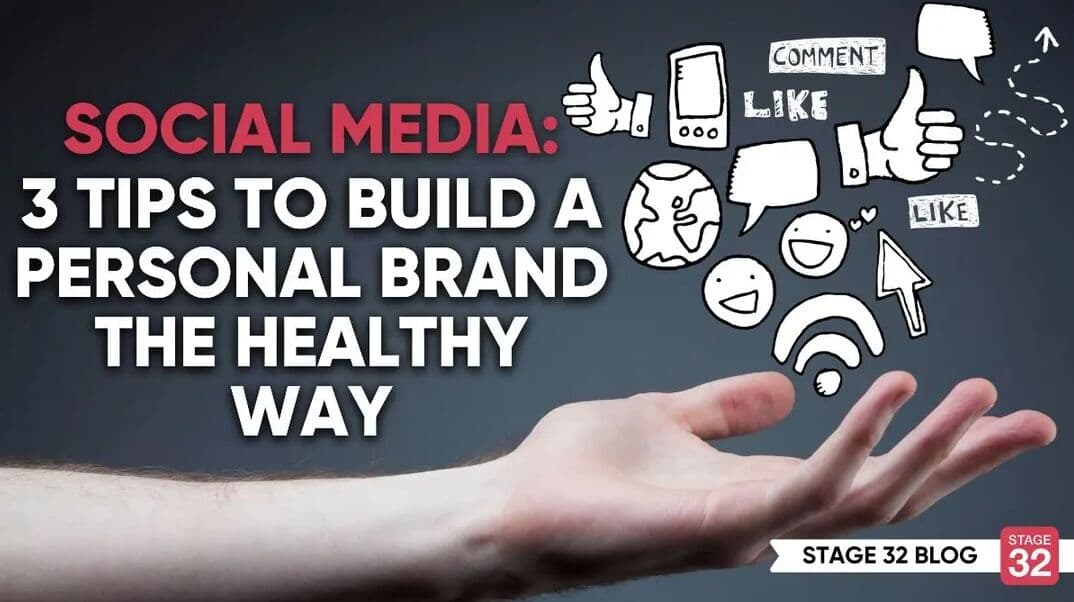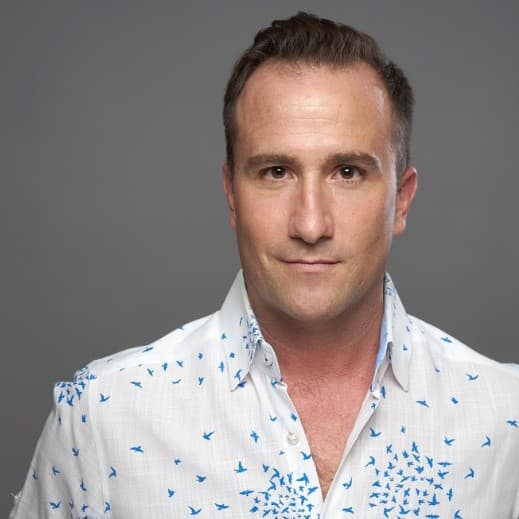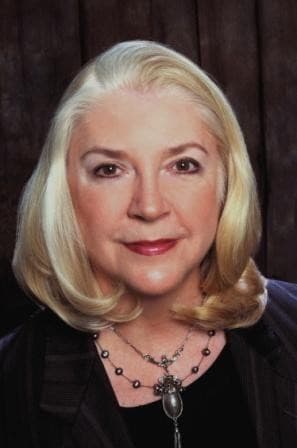Actors, We're The Solution, Not The Problem

Back in the day, LEGO was my jam. And to be honest, I still find it an oddly meditative and therapeutic endeavor. This isn’t said to underscore my already apparent nerd status but to touch upon a scenario many fellow LEGO enthusiasts will be familiar with.
We’ve just purchased a new set and are fiercely powering through piecing it together. Perhaps with the instructions, but perhaps we scoff at such things and only ever go rogue. Regardless, sooner or later, we reach the stage where only one block remains. And we can’t find it. It isn’t in the box, the plastic packet, on the table, under the couch, or inside our dog’s mouth. It’s an excruciating predicament. It's a big problem.
We turn the house inside out looking for that sought-after yellow stud, and when we do (hopefully) find it in some obscure location, the elation is palpable. We have the last piece of the puzzle. The solution.
As actors, we’re that stud. It’s not a parallel we’re likely to draw, but we are that final, highly valuable building block all productions need. The solution. But then, why do we often feel like the “problem,” not the solution?

Our assumption
Let’s first appreciate that a disempowered mindset is an understandable one to have as an actor. The industry isn’t (yet) set up in a way that truly facilitates actor empowerment and mental well-being. Until that time comes, we have to make a conscious decision as to whether we’ll empower ourselves anyway.
For most of us, the audition experience is viewed almost like a non-fatal Hunger Games: we compete for the prized opportunity to act, and the folks on the other side of the table hold the sole golden ticket.
While an unhelpful way of perceiving the situation, we must marvel at the dedication and resilience this requires. Normal people wouldn’t even set foot in this arena, yet we continue to “volunteer as tribute.”
We enter the room feeling like an inconvenience — another pesky actor wanting to prove themselves. We don’t feel valued, and as a result, our insecurity seeps into our aura and audition. Unfortunately, both humans and cameras are quick to pick this up.
The cruelest twist, however, is that our perception of this dynamic isn’t true. It’s just the story we’ve told ourselves from a limited perspective. Again, not our fault, but it's inaccurate nonetheless.

The reality
Most of us have never been on the other side of the equation. Most actors haven’t come from a background in casting or have had to cast a production themselves. We’ve only ever viewed this from one angle — much like reading the semordnilap “stressed” left-to-right and never right-to-left (“desserts,” for those wondering). Consequently, we’re missing a significant chunk of the picture.
The other half of the equation can be tremendously encouraging and enabling to acknowledge. Take this from US casting director Bonnie Gillespie: “All anyone in casting — or the agents and managers who pitch you to casting directors — ever wants is the solution to a problem. Someone who makes it super easy to draw a direct line between the problem (that role they need filled) and the right actor (that’s YOU).”
That’s an actual quote from someone who actually casts things. That’s the reality for them.
Casting, production, studio executives — they all want us to be the one. They all want us to nail the brief, show ourselves to be likable and engaging, a competent and confident collaborators in the creative process. We solve their problem if we do. These folks have lengthy to-do lists and would love for us to be the reason they can check one more item off.
Again, the industry doesn’t necessarily make this explicit, so the onus of empowerment falls on us. We can continue experiencing auditions from the “stressed” point of view, but the “desserts” reading is always available to us too.

Strategy time
Armed with this recognition, we can then employ some real-world strategies.
For some, the reframe alone will have changed the game, allowing us to now embody this approach going forward. We just needed someone to flip that switch so we could see the light.
For others, we might need to rock some training wheels before we feel comfortable cycling solo in this way. Neither is better or worse — growth happens when it happens.
- Focus on what you can control. There aren’t many factors within our control as actors, so let’s double down on the ones there are. Be thoroughly prepared. Arrive on time. Center our mind, body, and spirit so we can’t help but shine, regardless of whether or not we book the job.
- “Audition” more. Adopting this mindset is likely to feel particularly challenging during our quieter seasons. We can counter this by regularly shooting mock self-tapes or jumping into a weekly class that simulates the audition environment. Sustaining steady momentum is far easier than oscillating between 0 and 100.
- Revisit past wins. If we’re browsing the Stage 32 blog, the chances are we’ve been cast in at least a handful of things before. That is, we’ve already been the solution to a production’s problem. And it’s equally likely we’ve seriously slayed some of these performances too. Sit with these memories. Some actors even build a collection of notes and/or photos they can return to in the audition room. If we’ve been the solution once, we can be the solution again.
Conclusion
Here’s a quote from best-selling author James Clear to close. While it wasn’t written with actors in mind, it hits the bullseye nonetheless:
Of course, if you really want to, then you can dream up reasons for why now isn't the right time, this isn't the right place, and you're not quite ready … but I don't think that's your job. It’s not your job to tell yourself no. It’s not your job to deny yourself opportunities. It’s not your job to prevent your own progress. There are enough people in the world who will do those things for you. Your job is to embrace rather than ignore. Your job is to pursue rather than prevent. Your job is to tell yourself “yes” instead of “no.”
Let's hear your thoughts in the comments below!
Got an idea for a post? Or have you collaborated with Stage 32 members to create a project? We'd love to hear about it. Email Emily at emily@stage32.com and let's get your post published!
Please help support your fellow Stage 32ers by sharing this on social. Check out the social media buttons at the top to share on Instagram @stage32, Twitter @stage32, Facebook @stage32, and LinkedIn @stage-32.
About the Author

Tahlia Norrish
Actor, Screenwriter
Tahlia Norrish is an Aussie actor and writer. After graduating from both The Liverpool Institute for Performing Arts (Distinction, Acting & Musical Theatre) and Rose Bruford College (First Class Hons, Acting), Tahlia founded The Actor’s Dojo (https://bit.ly/3qraWcR) — an online space empowering acto...





